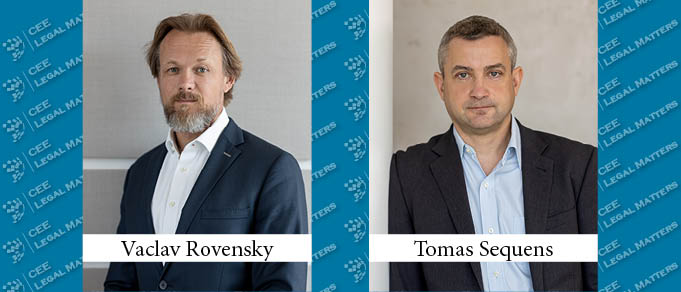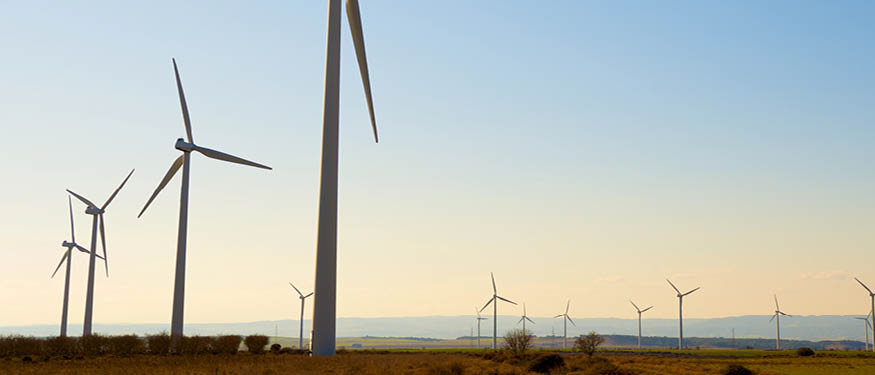As the Czech government signed off on the EU “Green Deal”, which aims to cut carbon dioxide emissions to zero by 2050, the Czech Republic needs to find ways to achieve this goal, or at least to get close to it. Even though certain legislative and other supporting measures are currently being undertaken towards transitioning to low carbon energy – changes to the Czech Act on supported sources of energy, state subsidies for the (re)construction of power plants – given its geographical specifics and historical background, nuclear power is likely to play a key role in replacing coal-burning power plants. Under current state policy, construction of new nuclear reactors is to begin shortly. The first new reactors, to be located at the current Dukovany power plant, should begin operations by 2037. The Dukovany project took precedence over the construction of new nuclear blocks at the Temelin power plant, a priority at the beginning of the 21st century.
The government has taken the view that the Czech private sector would probably not be able to bear the full costs of the new Dukovany nuclear reactor. Following this conclusion, it drafted a bill (Lex Dukovany) that would enable the state to co-finance the project. Lex Dukovany was passed by the Czech Parliament’s lower chamber in June 2021. Although the bill is not yet legally binding, with a set of pre-agreed changes to be made by the upper chamber, it provides a clearer view of how the government intends to co-finance the EUR 6 billion project.
Power Purchase Agreement Under Lex Dukovany
According to the law’s current draft, the construction and operation of the nuclear reactor are to be comprehensively secured by the eligible investor. The investor, likely an SPV established by CEZ, which owns and operates both existing Czech nuclear power plants, will need to obtain state authorization. Subsequently, the Czech Republic, acting through the Ministry of Industry and Trade, will enter into a specific power purchase agreement with the eligible investor. The power purchase agreement will specify: (1) the state’s obligation to ensure that the generated electricity is purchased at a preset price for a certain period; (2) the investor’s obligation to ensure the production and supply of electricity to the network for a set period.
The goal of these obligations is to set a predictable price for electricity generated by the nuclear reactor and a predictable return on investment. The Lex Dukovany draft stipulates the purchase agreement is to be concluded for a period of at least 30 years, with the possibility of a 10-year extension. As a result, any additional prolongation of the agreement under Lex Dukovany is effectively limited only by the nuclear reactor’s service life.
Provision of State Loans
Judging by the current draft, the government has acknowledged that the eligible investor would not be willing or able to finance the project from external resources under standard commercial terms. Under Lex Dukovany the Ministry of Industry and Trade would be entitled to provide the investor with a loan under favorable conditions. For example, the interest would likely be lower than the standard. Until construction completes, the Czech Republic would not be entitled to any interest. In this respect, it is worth noting that the loan would likely take the form of a state subsidy. Thus, Lex Dukovany would also have to comply with EU regulation on state aid – especially with respect to the new “EU green taxonomy”.
Conclusion
Although Lex Dukovany is not yet legally binding and remains subject to changes by the upper chamber of the Czech Parliament and Presidential approval, the government’s vision of financing the construction of a new Dukovany nuclear reactor is likely to remain the same. It is necessary to emphasize that, even if new nuclear reactors in Dukovany are constructed (following Lex Dukovany’s provisions), those new reactors would only help to maintain production at the site, after the old reactors are retired around 2037. The real transition towards low carbon energy in the Czech Republic will thus need to be driven by means of other measures and projects.
By Vaclav Rovensky, Partner, and Tomas Sequens, Counsel, Kocian Solc Balastik
This Article was originally published in Issue 8.8 of the CEE Legal Matters Magazine. If you would like to receive a hard copy of the magazine, you can subscribe here.

















